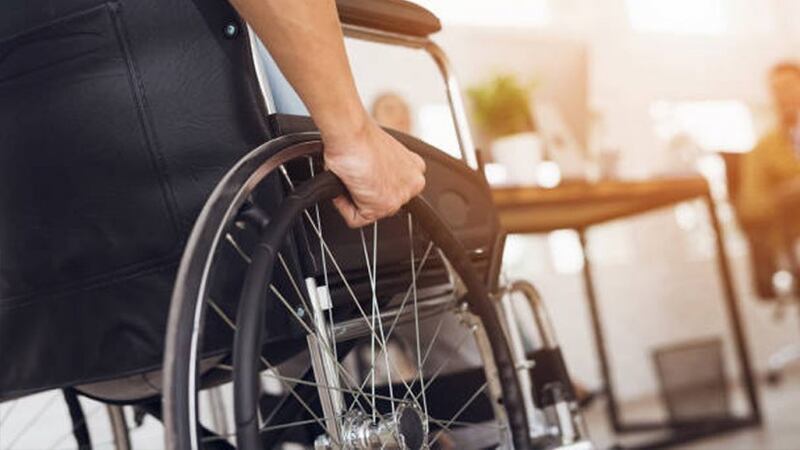The government and health authorities’ response to the Omicron outbreak put the well-being of disabled people, including tāngata whaikaha Māori at risk and caused stress and confusion, according to a new report by the Human Rights Commission.
“The aspirations and needs of disabled people and their whānau do not appear to have been given prominence in government policy and decisionmaking throughout the pandemic,” Disability Rights Commissioner Paula Tesoriero says.
“Some groups reported reduced levels of trust and engagement for disabled people and their whānau during the Omicron phase.”
Tesoriero’s inquiry was launched under the powers of the 1993 Human Rights Act and gathered information from more than 30 organisations and networks across the motu, enquiring about individual experiences during the outbreak.
“I was concerned about whether disabled people’s rights were being upheld,” Tesoriero says.
Tesoriero argues the transition from alert levels to the Covid-19 Protection Framework saw a reduction in public health measures that protected the disabled with widespread community transmission creating greater risk to disabled people, tāngata whaikaha Māori and their whānau.
The primary concerns reported were issues with communication, particularly for people who had accessibility requirements as a result of hearing or visual complications. There was a heavy reliance on digital information, and phone lines did not always have text alternatives, the report says.
Mostly stressful experiences
Respondents also said they struggle to find PPE or information on vaccination sites. Communication they did receive advised them to prepare for the spread of Covid-19 but affordability issues for the disabled meant many people couldn't do that.
Disruptions to disability support services both in home and in the education environment were also a problem, while some had issues accessing health services like their GP and felt uninformed about how they needed to protect themselves should they need to visit a hospital or the emergency centre.
The inquiry was told about some good experiences such as good support from Māori and Pacific hauora organisations, and the support and information disabled people provided to each other but mostly experiences were stressful.
“Many of the issues disabled people identified in the first two years of the Covid-19 response have worsened, while at the same time Covid-19 restrictions and the protections they offered disabled people and their whānau, and communities, have lessened,” she says.
Submitters also called for a need for stronger commitment to Te Tiriti o Waitangi by government agencies, in a way that creates conditions for tāngata whaikaha Māori and their whānau to express mana motuhake, and to ensure government services and funding met their needs.
The report suggests improving Covid-19 information accessibility, and a 24-hour, seven days a week service people can contact to get support if their regular support person is not able to come due to isolation.
It also recommends giving disabled people better learning options should they need to stay away from schools and other group learning environments during future outbreaks.
Tesoriero says the government has responded positively and with urgency to some of the issues raised by the inquiry.
“This must be sustained and pivot the way governments respond to the needs of disabled people and tāngata whaikaha Māori now and in the future.”

